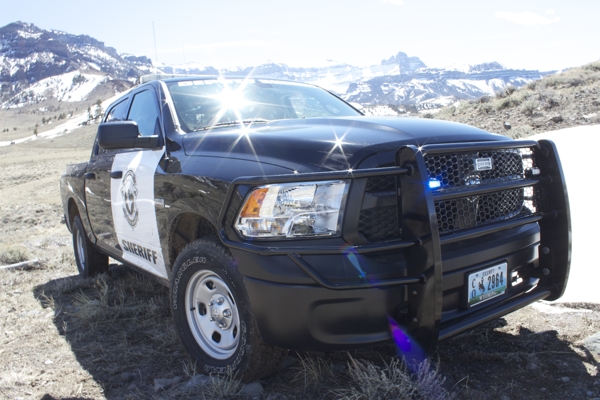Shoshone National Forest Shares its Fall Safety Tips
Written by Andrew-Rossi on October 11, 2020
As Wyoming transitions into Fall 2020, Shoshone National Forest reminds everyone to plan and be prepared to protect themselves and the landscape during their next trip.
Forest officials want to ensure that everyone enjoys the fall safely and responsibly. This fall has already seen snow and heavier precipitation at the high altitudes while much of the surrounding area remains dry enough that it could still burn.
One of the most popular fall activities in the forest is dispersed camping. Regulations for dispersed camping include a stay limit of 16 days in both the forest’s campgrounds and established dispersed camping sites.
No dispersed camping is permitted within half a mile of the North Fork Highway, US Highway 14/16/20.
Several campgrounds remain open on the Shoshone National Forest:
- Hunter Peak Campground and Dead Indian Campground in the Clarks Fork District
- Deer Creek Campground, Elk Fork Campground, and Wapiti Campground in the Wapiti District
- Brown Mountain Campground, Jack Creek Campground, & Wood River Campground in the Greybull District
- All campgrounds in the Washakie & Wind River Districts remain open until closed by snow; no fees are being collected as services have ended for the year.
Seasonal road closures will occur periodically throughout the season. Its recommended that any visitors download a Motor Vehicle Use Map prior to visiting or downloading them thru the Avenza mobile app.
Meanwhile, proper food storage remains essential, as grizzlies are still active in the fall. The easiest ways to store food properly are in provided bear-proof boxes in campgrounds or a bear-resistant container certified through the Interagency Grizzly Bear Committee Courtesy Inspection Program.
The old-fashioned ways work too: suspending items at least 10 feet above the ground and four feet horizontally from any supporting tree or pole or keeping all food in a locked vehicle.
The latest updates on the status of Shoshone National Forest and any changes to campgrounds or regulations are available on the Shoshone National Forest, visit http://www.fs.usda.gov/shoshone, and the Forest’s Twitter and Facebook pages.




